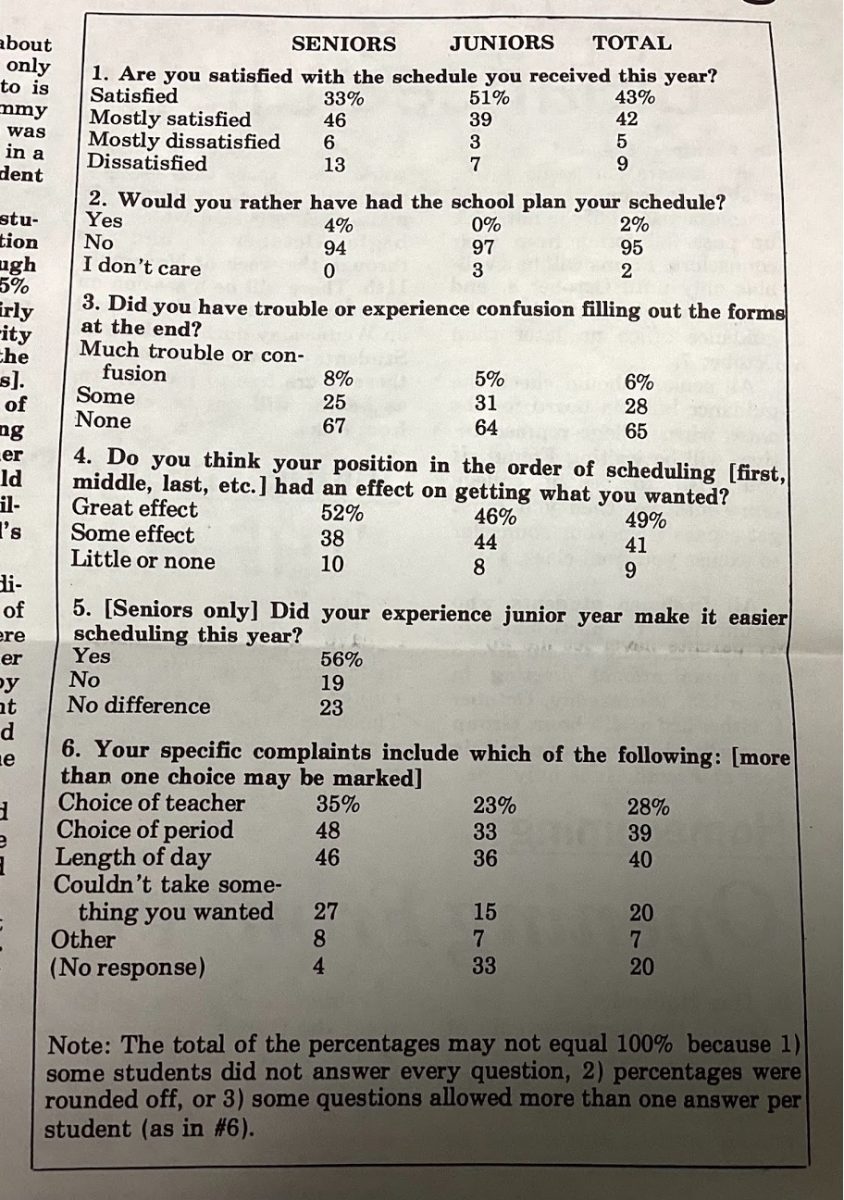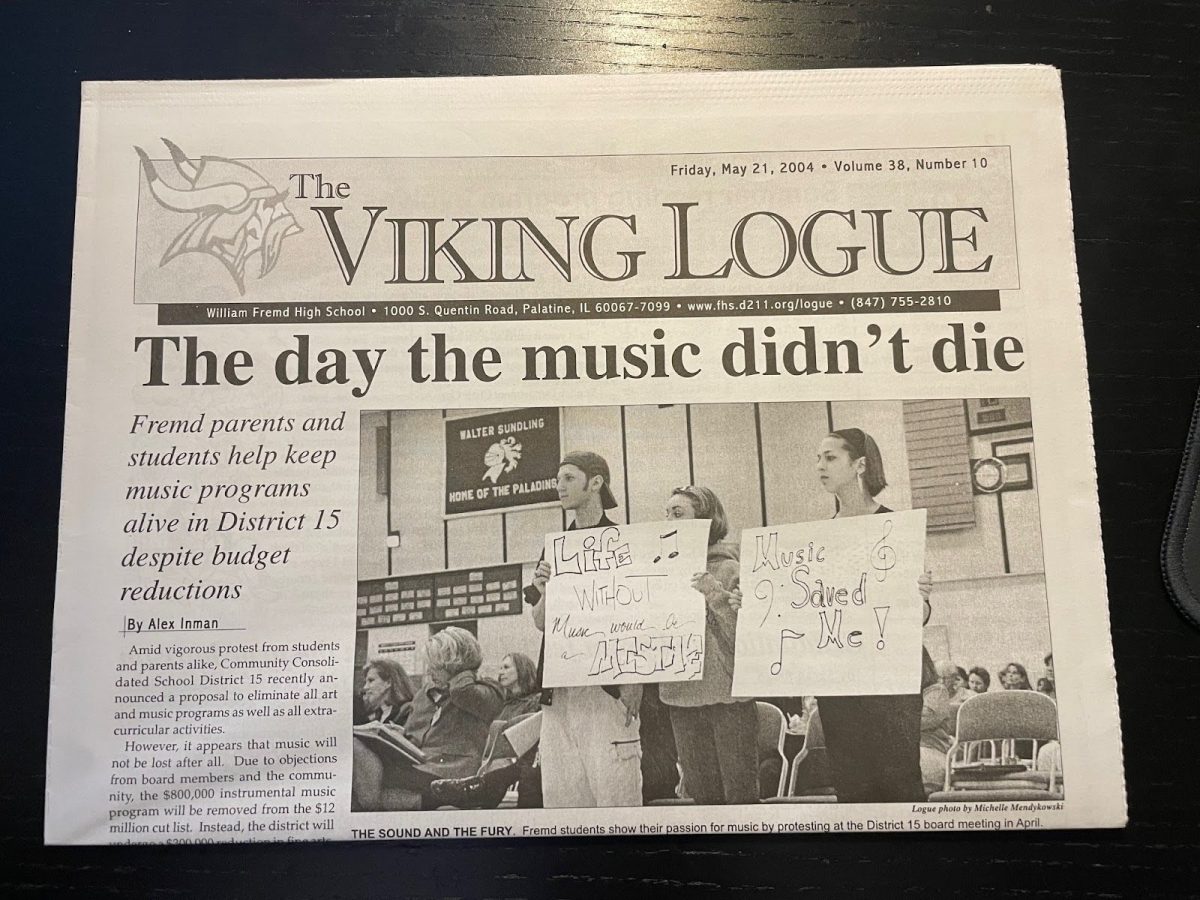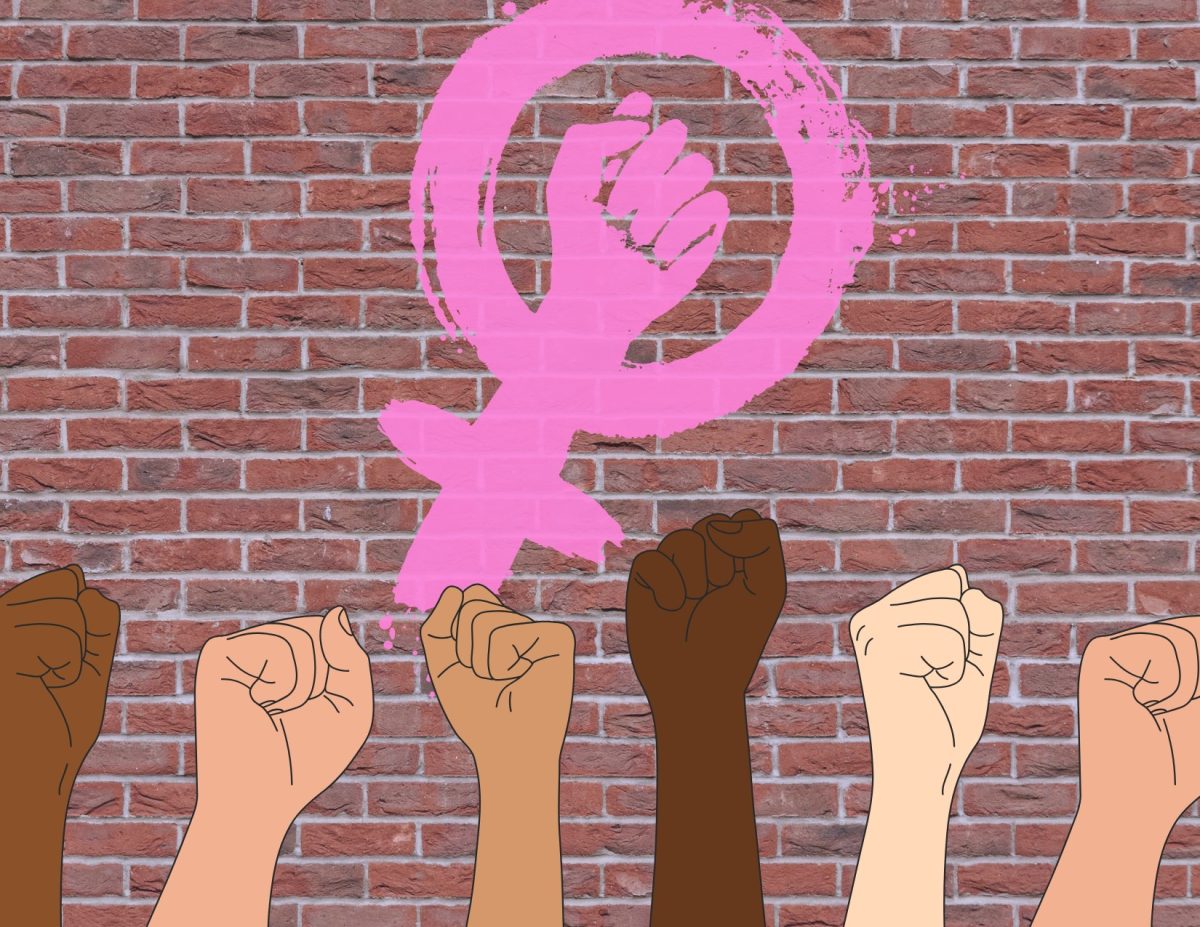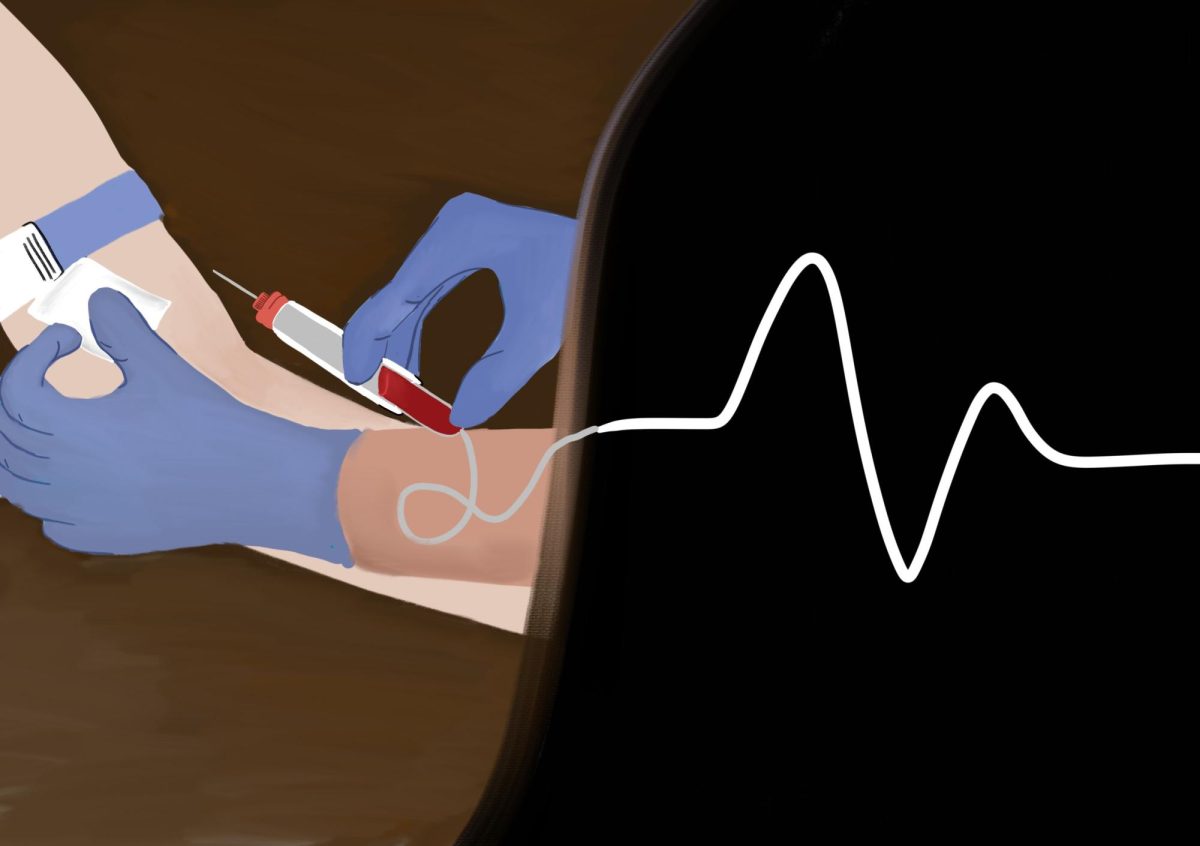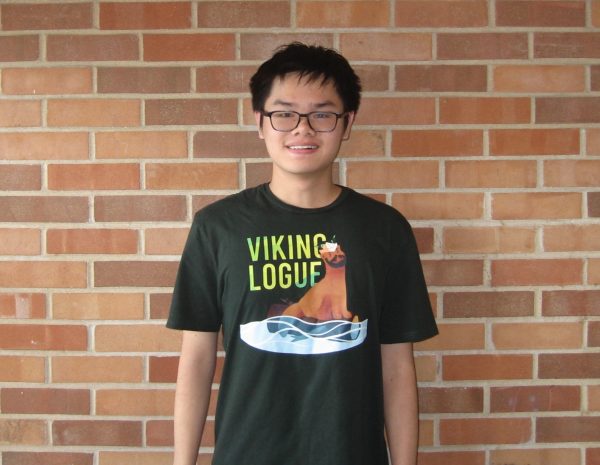This year, scientists Katalin Karikó and Drew Weissman jointly received the Nobel prize for medicine due to their work on mRNA vaccines that saved millions of lives during the COVID pandemic. The Nobel prizes are the most prestigious award for intellectual achievement in the world. There are five categories for the prizes: medicine, literature, peace, physics, and chemistry. The Nobel prizes are given to “those who, during the preceding year, have conferred the greatest benefit to humankind.”, according to the creator of the prizes, Alfred Nobel.
The pair initially worked together at the University of Pennsylvania in the 1990s, where they studied vitro synthetic mRNA technology. A few years later, in 2005, the pair published a paper that detailed how modified mRNA could be transferred into the body and produce an immune response, similar to a traditional vaccine. Eventually, their work led to the creation of the vaccines against SARS-CoV-2, the virus that causes COVID-19 or the Coronavirus.
During the Nobel Prize announcement, 2023 Nobel Committee for Physiology or Medicine member Gunilla Karlsson Hedestam explained why Karikó and Weissman received the prize.
“What’s important here I think is that vaccines could be developed so fast,” Hedestam said. “This was largely due to improvements in the technology and this basic discovery.”
As soon as the Coronavirus emerged, mRNA vaccine technology was quickly utilized to develop vaccines. Because of Karikó and Weissman’s initial research on the subject, vaccines made by Moderna and Pfizer to combat the Coronavirus were already authorized in late 2020, less than a year into the pandemic. The speed of development was only possible due to the pair’s prior work on the field, as without their expertise, the vaccines may have taken several years to create.
Further, were it not for the pair’s original discovery of the mRNA’s usage in vaccines, vaccines combating the Coronavirus may have taken several years to complete. In addition, because mRNA can be modified, it is relatively easy for companies to modify the vaccine to fight against variants of the Coronavirus.
Speaking on the importance of the prize, Vaccinology professor and director of the Center for Vaccine Development and Global Health at the University of Maryland School of Medicine Kathleen Neuzil provides her own opinion on what the award represents.
“The award, to me, is really a victory for vaccines,” Neuzil said. “The award also represents the potential for vaccines to advance health and improve equity.”

